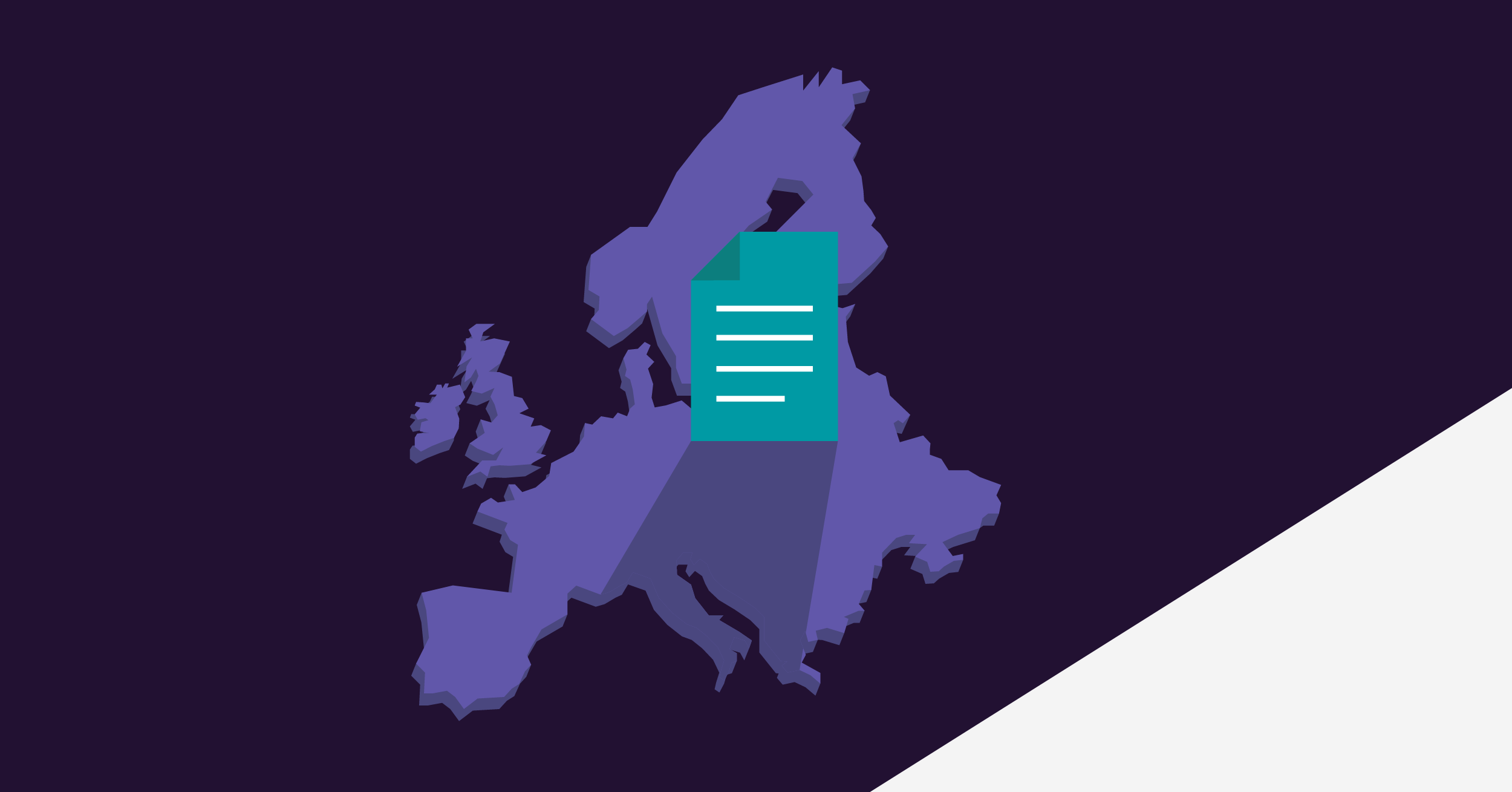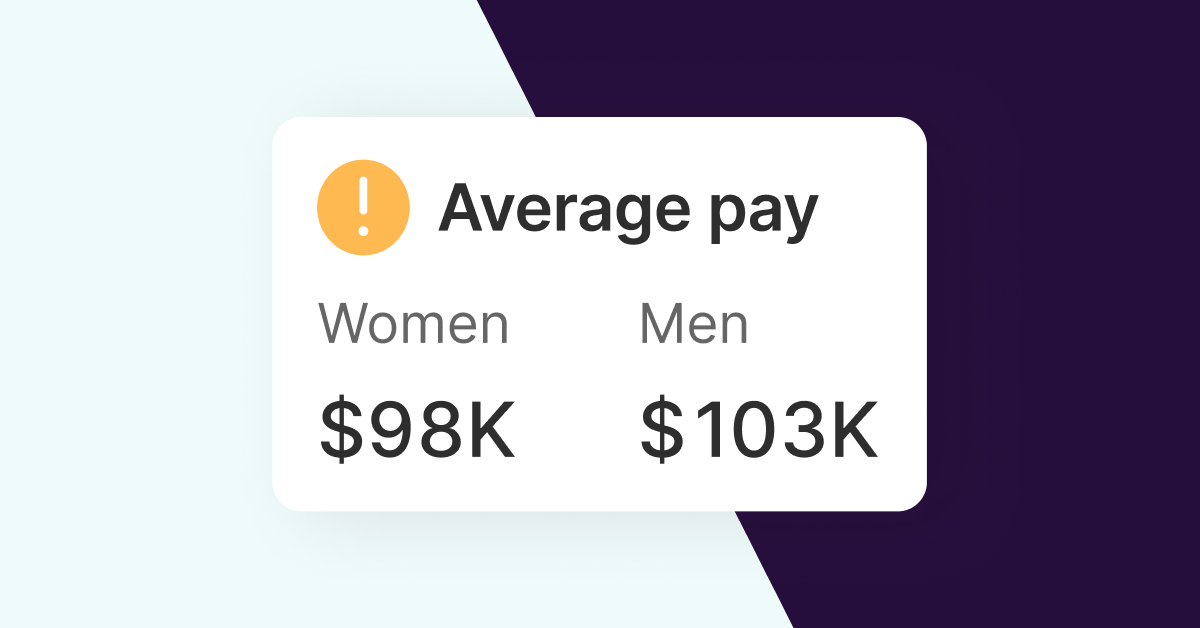The European Financial Reporting Advisory Group (“EFRAG”) recently announced the release of its draft of “European Sustainability Reporting Standards,” laying out the proposed reporting requirements for EU companies regarding ESG risks and opportunities as part of the EU’s Corporate Sustainable Reporting Directive (CSRD).
According to ESG Today, the new rules significantly expand the number of companies required to provide ESG disclosures from around 12,000 to 50,000.
Companies should take action now to get ahead of the new requirements. Below we share what the rules cover for Social disclosures around the gender pay gap, and recommendations for how to prepare.
EU ESG reporting requirements for the gender pay gap
The drafts are divided into “Environment,” “Social” and “Governance.” Focusing on the Social component, Disclosure Requirement S1-16 requires organizations to disclose the pay gap between men and women. Companies are required to disclose the following information:
(a) “the male-female pay gap, defined as the difference between average gross hourly earnings of male employees and of female paid employees expressed as a percentage of average gross hourly earnings of male paid employees.”
(b) “actions taken… to reduce the pay gap….”
(c) “any contextual information necessary to understand the data and how the data has [sic] been compiled.”
How to prepare
To prepare for the new EU ESG reporting requirement related to pay gap disclosures, we recommend taking the following actions as soon as possible:
- Conduct a pay equity analysis that ensures that people performing comparable work are paid comparably and consistently accounting for differences based on legitimate factors like years of experience and tenure with the company.
- Ensure that women and men are offered higher paying positions and promotions into such roles equitably.
- Ensure that pay policies are objective and consistent; identify areas of the business where this may not be the case. The same goes for hiring decisions—ensure that compensation is set correctly from the start.
Getting ahead of the trend towards transparency
The trends we are seeing in the EU towards increased transparency are just beginning. To compete on the global market for talent, companies will need to demonstrate their ongoing commitment to equitable compensation and equitable opportunities for all workers.
Pressures from regulators and ESG reporting guidelines reflect the mounting calls from all angles — including the public, employees, and shareholders — to not just offer vague commitments to equitable treatment of workers, but to do something about it in an ongoing way that demonstrates proof of actual progress.
This is truly the beginning of a new era for EU companies. Now is the time to adopt a modern, ongoing approach to workplace equity, using empirical, verifiable data and results to back up your company’s actions. Syndio can help.



